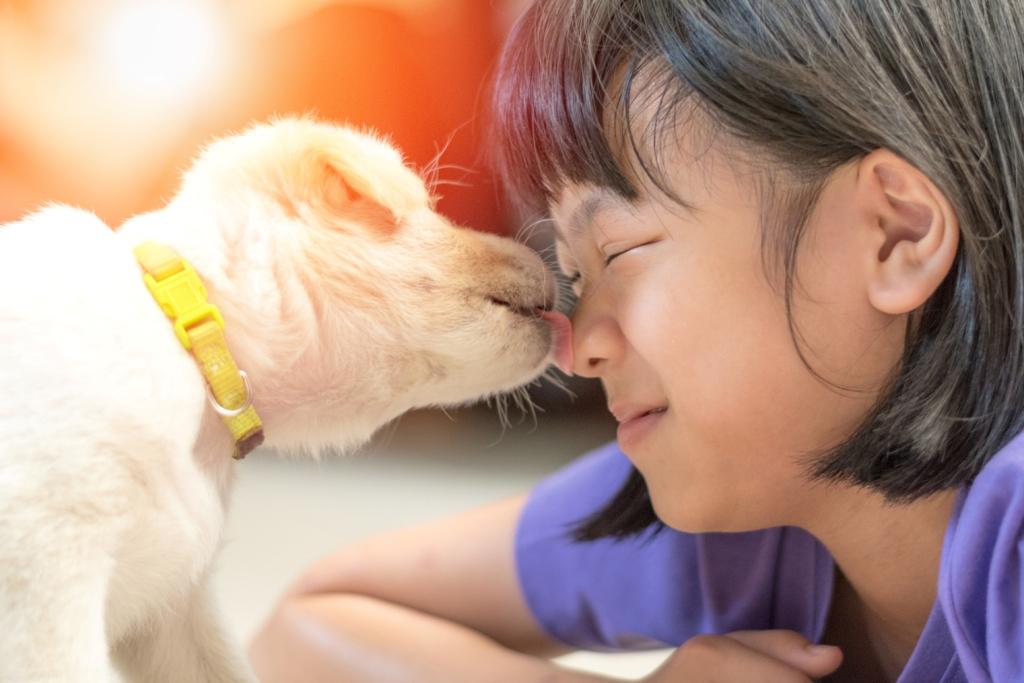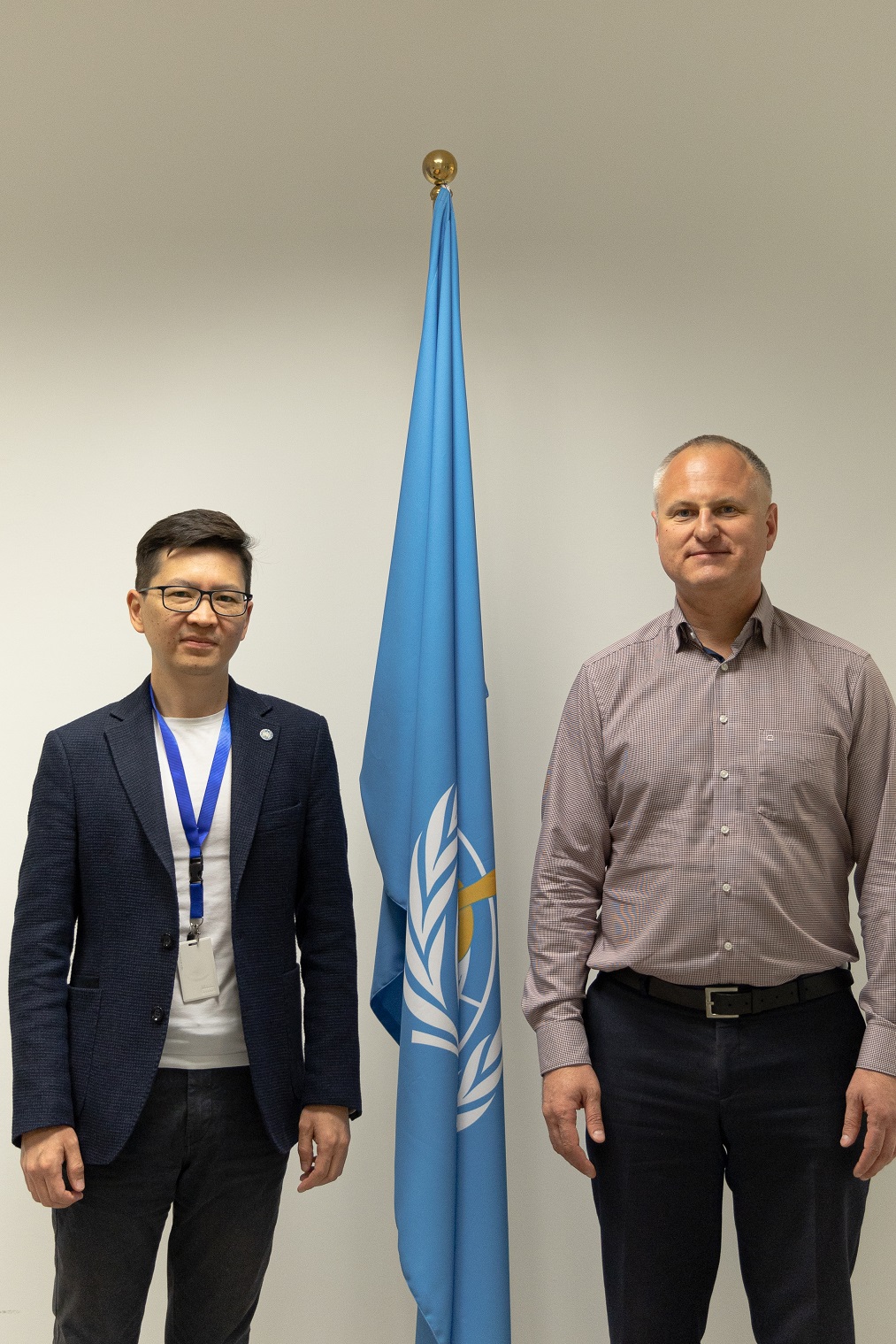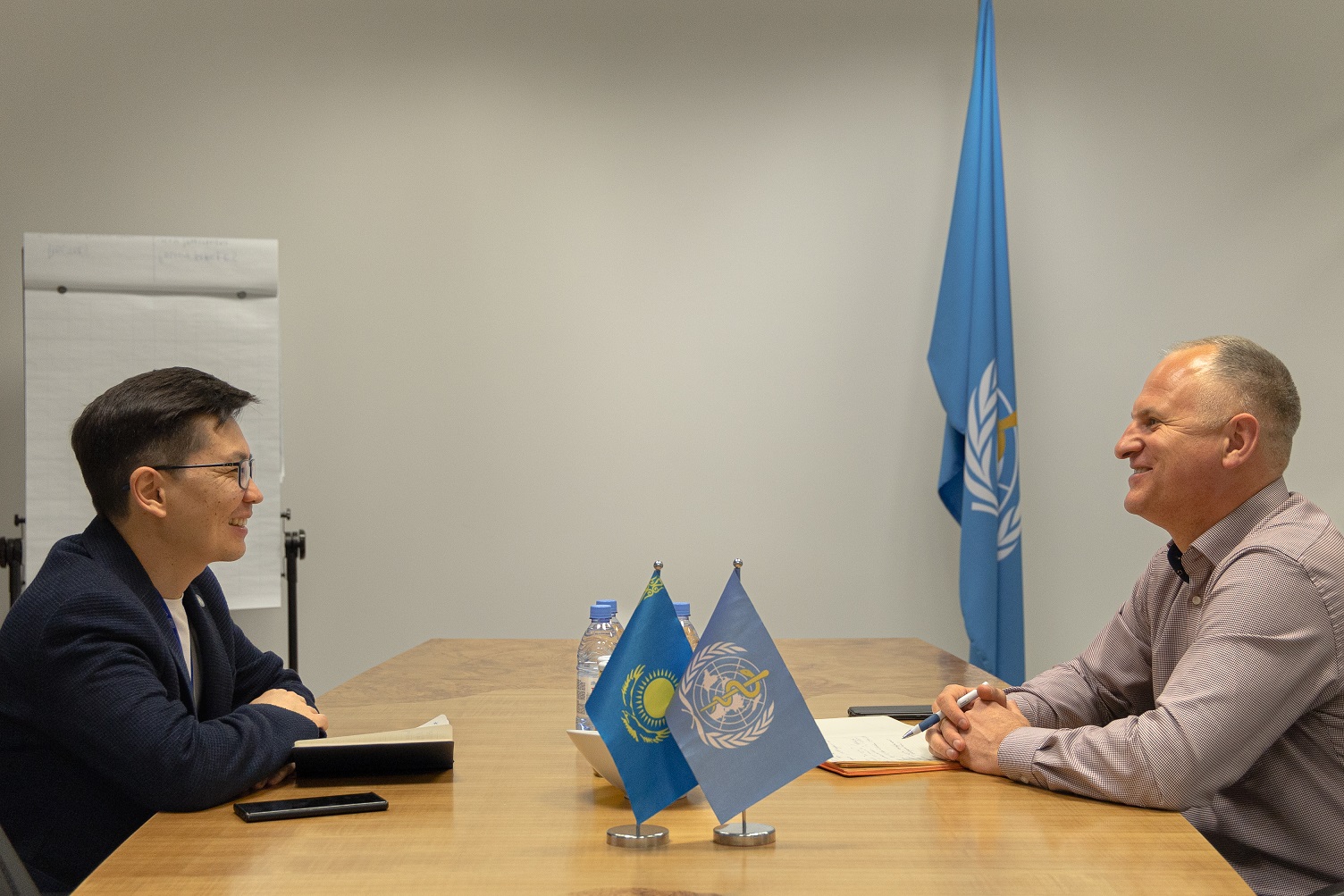
The staff of the sub-regional representation of the World Organisation for Animal Health (WOAH) for Central Asia held a working meeting at the country office of the World Health Organization (WHO) of the Republic of Kazakhstan on the implementation of the new module “One Health” in the educational process at the faculties of veterinary medicine of universities and veterinary departments of colleges in Kazakhstan. In 2021 a round table was already held online with the involvement of representatives of the faculties of veterinary medicine and staff of the state veterinary service where an understanding of the importance of promoting this concept at the educational level was indicated so that graduates of universities and colleges would have a clear understanding of this concept and effectively apply it in practice.
During the meeting, WOAH and the WHO shared their vision of involving the educational sectors of public health and veterinary medicine in the concept of “One Health”. WOAH emphasized that more than 70% of known infectious diseases are common to animals and humans, as well as the need to address the problem of antimicrobial resistance (AMR) in the agri-food and agricultural sectors. Many countries of the world still do not have a system of surveillance over the use of antimicrobials in veterinary practice and crop production and a national action plan to address this problem, which complicates the public health system. Mass culling of animals during outbreaks of some dangerous diseases leads to environmental pollution and deprives the rural population of their livelihood.
Some issues of “One Health” are already included in the study curriculum of faculties, but not to the same extent in all universities and are not grouped into a single module, which complicates the understanding of both the concept itself and its implementation in practical work.
Partner organizations have agreed to hold a meeting with the rectors and deans of relevant educational institutions in Kazakhstan at the beginning of the new academic year to develop a roadmap for step-by-step progress to solve this problem.
The issues of finding possible funding for the national seminar with the involvement of possible donors, as well as all stakeholders were discussed. In particular, the parties will hold consultations with the EU Delegation to the Republic of Kazakhstan to discuss cooperation mechanisms both on the issue of attracting experts and providing financial support for events.


